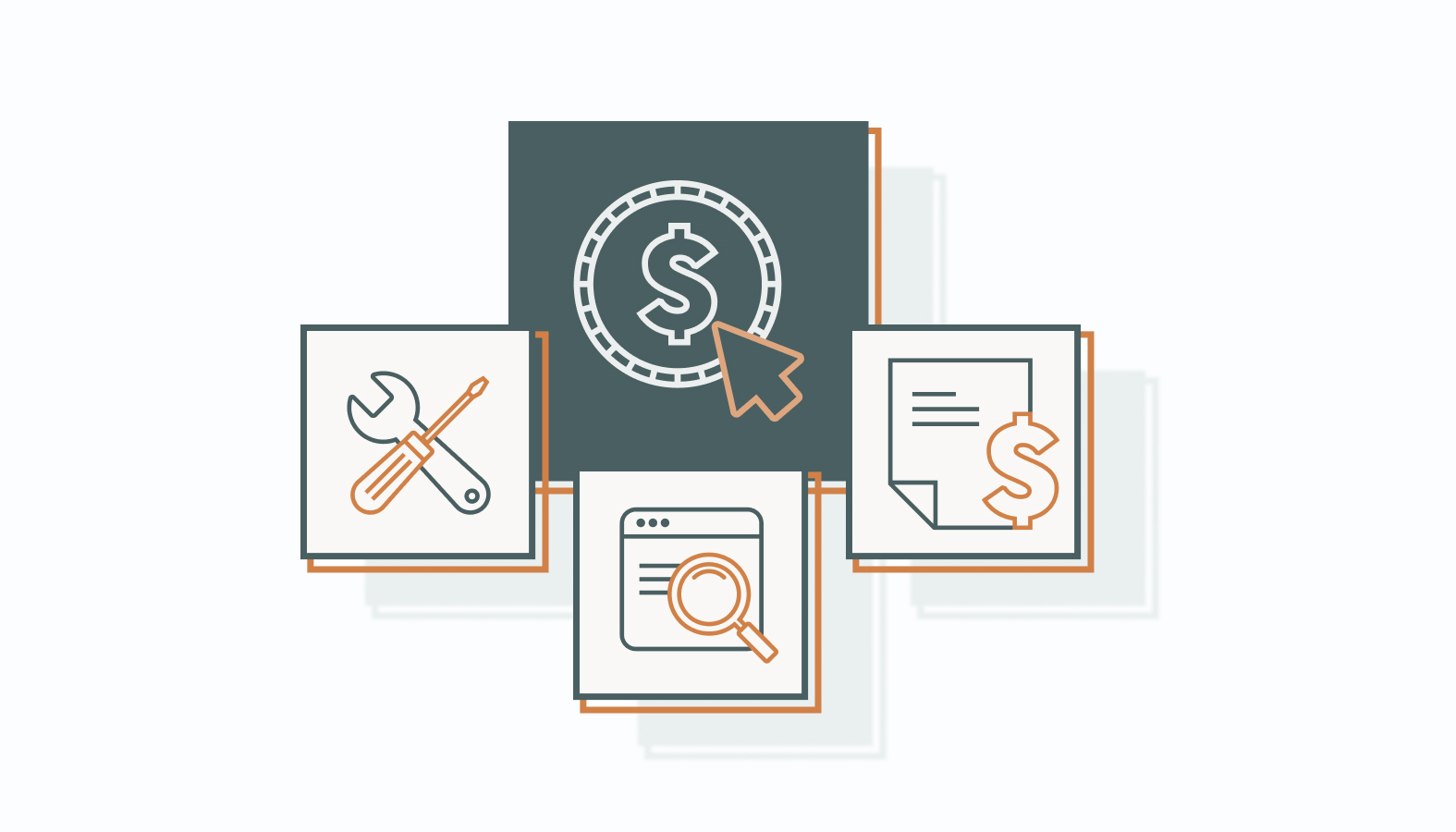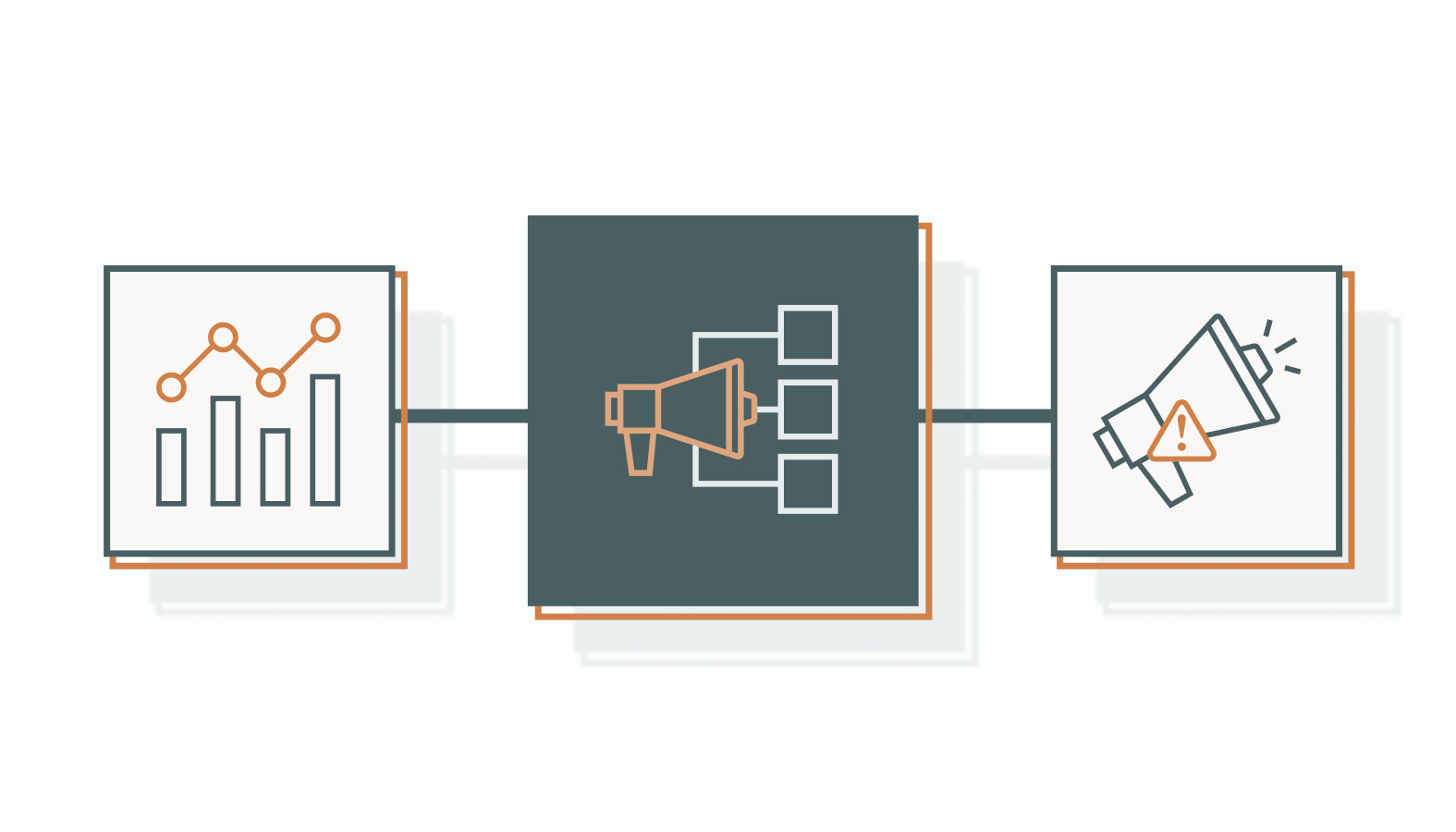Running paid ads without a clear strategy is like throwing money at a wall and hoping something sticks. Many businesses launch PPC campaigns expecting quick wins, only to get stuck managing budgets, bids, and inconsistent results.
That’s why PPC consultant campaign management is worth a serious look. A skilled PPC consultant brings more than ad setup. They design strategy, monitor performance, and fine-tune campaigns to turn every dollar into impact. It’s like bringing on a strategic partner who turns complexity into clarity.
This article breaks down what a PPC consultant does, the value they bring, and how they help you spend smarter, not just more. If you’re ready to move beyond trial-and-error advertising, keep reading.
Get to Know PPC Campaign Management with a Consultant
Effective PPC campaigns don’t happen by accident. They require sharp decisions, proactive oversight, and alignment with business goals. A PPC consultant helps bring structure and clarity to your paid efforts, so every move is deliberate.
What Does a PPC Consultant Do?
A PPC consultant is your performance strategist. They align your paid efforts with business outcomes, turning scattered tactics into structured results. More than campaign managers, they shape the entire strategy so every action (click, bid, or budget) supports a larger objective and drives real returns.
Day-to-Day Responsibilities
The typical day of a PPC consultant isn’t spent babysitting ads. It’s spent steering performance. Here’s what that looks like:
- Building campaigns designed around real business outcomes.
- Tracking performance signals and adjusting in real time.
- Running sharp keyword research to reach the right audience.
- Writing ads that actually earn attention.
- Managing budgets to keep spend efficient and intentional.
They optimize daily, so you’re not stuck reacting to last week’s numbers.
Planning and Strategy Execution
Developing a strategic plan is where the real work begins. A strong consultant starts with a clear understanding of your goals, then builds a strategy that connects the dots by:
- Defining measurable outcomes.
- Picking platforms that match your audience’s intent.
- Crafting relevant messaging that cuts through the noise.
Execution is never set-and-forget. As performance data rolls in, they refine the strategy to keep outcomes aligned with business needs.
Benefits of Hiring a PPC Consultant
Engaging a PPC consultant can be transformative for your business. Here’s why bringing a professional on board is a smart move.
Gaining Expert Insights
PPC consultants bring the experience to spot what others miss: inefficiencies, missed segments, and growth levers hiding in the data. That clarity translates directly into sharper decisions and measurable gains.
Saving Time and Resources
Time is a cost. A consultant shortens the learning curve, trims waste, and tightens focus. That means more efficient campaigns and less time spent managing ads, so you can focus on what you do best.
In short, a strong PPC consultant becomes an extension of your strategy team. They help you move faster, spend smarter, and stay competitive.
Crafting a Winning PPC Strategy
A high-performing campaign starts with alignment between business goals, platforms, and a plan built to ensure every dollar delivers measurable returns.
1) Choose Platforms and Tools
Where you advertise and what tools you use can make or break performance. These choices set the stage for scale and precision.
Picking the most appropriate PPC platforms starts with knowing three things thoroughly:
- Audience behavior: Go where your audience spends their time. Platforms like Google Ads are ideal for broad reach, while LinkedIn Ads better suit B2B initiatives.
- Campaign objectives: Define what you aim to achieve — whether it’s leads, conversions, or visibility, the platform must match your intent.
- Budget alignment: Different platforms have varied cost structures and yield different returns. Align your choice with your available budget to ensure cost-effectiveness.
By focusing on these criteria, businesses can select platforms that best fit their needs, maximizing engagement and conversion rates.
Using the Latest PPC Tools
Modern PPC success runs on tech. The right tools give you the edge in speed, accuracy, and control:
- Ad management tools like Google Ads Editor and Meta Ads Manager simplify campaign management and execution.
- Analytics tools like Google Analytics or SEMrush provide deeper insights into campaign performance and user behavior.
- AI optimization tools like Optmyzr or WordStream automate bidding and optimization processes for better outcomes.
Stay current or fall behind. Tech moves fast; leverage the right tools to stay competitive.
2) Sharpen Your Keyword Strategy
The best-performing campaigns start with the right keywords. Get this wrong, and even a great ad falls flat.
Do deeper research, not just more of it.
Use tools like Google Keyword Planner to surface high-volume, high-intent terms tied to your offering. Then, study what your competitors are targeting. This often reveals overlooked gaps or overused money pits.
Refine constantly. Drop low-performing or irrelevant terms. Align your keywords with searches that convert.
3) Execute Smarter Bidding Strategies
You can’t outspend the competition, but you can outsmart them.
Automated bidding strategies like enhanced CPC or target CPA help you move faster, adjusting in real time based on performance signals. But automation isn’t a substitute for strategy.
Adaptation is the edge. Watch market trends, competitor behavior, and platform shifts closely. Adjust bids accordingly to stay competitive without burning through budget.
When bidding strategy meets market insight, your PPC efforts scale with precision.
Keep Your PPC Campaigns Running Smoothly
A well-built PPC strategy is only as strong as its upkeep. Without continuous oversight, even the best campaigns stall. Staying sharp means tracking performance signals, adjusting in real time, and refining based on data, not assumptions.
Tracking PPC Success
PPC success hinges on the metrics you track. The right data tells you what’s working, what’s lagging, and where to pivot.
To effectively track PPC success, focus on these critical metrics:
- Click-Through Rate (CTR): Measures how often people click your ad after seeing it. A higher CTR indicates that your ad is relevant and appealing.
- Conversion Rate: Shows the percentage of clicks that result in a desired action, such as a purchase or sign-up, revealing how effectively your ad leads to conversions.
- Cost Per Conversion: Calculates the average cost spent to achieve a conversion, helping to assess the efficiency of your ad spend.
- Quality Score: Provided by platforms like Google Ads, this score reflects the quality and relevance of your ads and keywords, influencing your ad rank and cost-per-click (CPC).
These numbers don’t just sit on a dashboard. They guide daily decisions that drive stronger returns.
Making Sense of the Data
Raw numbers don’t cut it. You need clear insights to act fast and with precision.
Dashboards and visualization tools simplify complex data, making patterns easier to spot. Segment performance by audience, location, or device to surface trends that aren’t obvious at first glance. These insights power smarter optimizations and more precise targeting.
Refining your strategy through data analysis shouldn’t be optional. It’s how strong campaigns keep evolving and outperforming.
Common Challenges in PPC Campaign Management
Even strong campaigns run into friction. The key is solving early, fast, and with focus.
- Budget Efficiency. Budgets aren’t set-and-forget. Ongoing reviews ensure your spend reflects what’s precisely working. Automate bids where it makes sense, but always check the logic behind the numbers.
- Ad Fatigue. Stale ads stall performance. Rotate creative often, and run ongoing A/B tests to find what drives clicks and conversions. Fresh ideas keep audiences engaged.
- Platform Shifts. PPC platforms evolve constantly. Stay ahead by testing new features early and staying plugged into reliable updates. Agility here equals advantage.
- Accurate Tracking. Your data is only as good as your setup. Audit tracking codes regularly and validate that your analytics are firing clean. Bad data leads to bad calls, no exceptions.
PPC is a system, not a one-time play. When you monitor with intention and adjust with precision, your campaigns stay relevant, efficient, and profitable.
Cut Costs and Boost Revenue with PPC
PPC isn’t just about growth; it’s about smart growth. To scale profitably, you need precision in both spend and strategy.
Here’s how effective PPC management helps you reduce waste and unlock new revenue.
Spend Less, Spend Smarter
Efficiency starts with trimming the fat. The goal isn’t to spend less across the board, but to eliminate what doesn’t convert.
Start by refining your keyword list. Drop the ones that underperform or attract the wrong traffic. Add negative keywords to block irrelevant searches that eat into your budget. Then, tighten your ad schedule. Run campaigns when your audience is online, not just when your budget allows.
Every dollar you free up can be redirected to high-performing segments or fresh creative tests that move the needle.
Allocate Budget Where It Works Hardest
Once you’ve cleaned up inefficiencies, shift focus to investment.
Distribute your budget based on actual performance, not hunches. Prioritize campaigns and platforms that deliver clear returns. Use geotargeting to double down on top-performing regions and avoid wasting budget on low-performing areas.
Stop spreading your budget thinner. Place bigger bets where performance proves it matters.
Use Data to Drive Revenue
Revenue doesn’t scale without insight. Analytics turn campaign data into growth levers if you know what to look for.
Track conversion rates, cost per click, and engagement patterns to spot trends early. Use predictive tools to anticipate shifts in demand or behavior. This is data analysis with a purpose: forecasting opportunity before your competitors do.
For example, dynamic retargeting based on user behavior can dramatically lift conversions by re-engaging those closest to buying. When you use data to guide targeting and timing, revenue stops being reactive and starts being engineered.
Optimize Every Ad Touchpoint
To stretch ROI, treat every part of the ad experience as an opportunity to improve.
Tailor messaging and visuals to each audience segment. The more specific your message, the more relevant and compelling your ad becomes. Don’t stop testing. From headline to landing page, continual optimization compounds over time.
This is how outstanding PPC campaigns scale: not by running louder, but by executing sharper.
How to Find the Perfect PPC Consultant
The right PPC consultant is your strategic growth partner. The wrong one burns budget. The right one aligns paid efforts with business objectives, sharpens performance, and drives measurable results.
Here’s how to spot the difference.
1) Prioritize Proven Results
Start with evidence, not promises.
Look for real case studies showing performance lift in campaigns similar to yours: same industry, same challenges. Bonus points if they’ve done it at scale. Past success is the best predictor of future value.
Client testimonials also matter, but filter for specifics. You want results, not vague praise.
2) Look for Clear Thinkers, Not Just Ad Tweakers
Great consultants don’t drown you in jargon; they translate complexity into clarity.
If they can’t explain strategy in simple terms, they probably don’t understand it well enough.
Expect consistent updates that surface key trends, not raw data dumps. Communication should feel like leadership, not check-ins.
3) Check for Strategic Context, Not Just Channel Knowledge
PPC doesn’t live in a vacuum. Your consultant should understand your industry and competitive pressures, not just how Google Ads works.
Look for signs they stay sharp, whether that’s adapting to platform updates fast, tapping into niche insights, or proactively testing what’s next. Relevance beats theory every time.
4) Test Their Problem-Solving Mindset
PPC will throw curveballs. Market shifts, budget pivots, algorithm changes. The question is: can your consultant course-correct quickly?
The best ones spot risks early and solve creatively. Ask for examples of how they’ve pulled campaigns out of a slump or capitalized on an unexpected opportunity. That’s where their value shows up.
Bottom line: You’re not just hiring for ad skills. You’re hiring strategic firepower. Choose a PPC consultant who brings clarity, adaptability, and results. That’s how you turn performance management into business momentum.
Unlock Cost Efficiency and Revenue Growth with PPC
Great PPC delivers more than traffic — it drives outcomes that align with real business goals and build lasting momentum.
From precise keyword targeting to adaptive bidding, ongoing testing, and real-time optimization, success comes down to tight execution. And the difference between average performance and real momentum? It’s strategic leadership.
A strong PPC consultant brings more than ad skills. They bring clarity, structure, and the confidence to move fast when the market shifts. That’s how your spend becomes a lever for growth, not a line item.
Ready to stop guessing and start scaling?
Schedule a quick strategy session with one of our in-house PPC experts and walk away with a custom plan built to perform. Your campaigns deserve more than clicks — they deserve real results.








